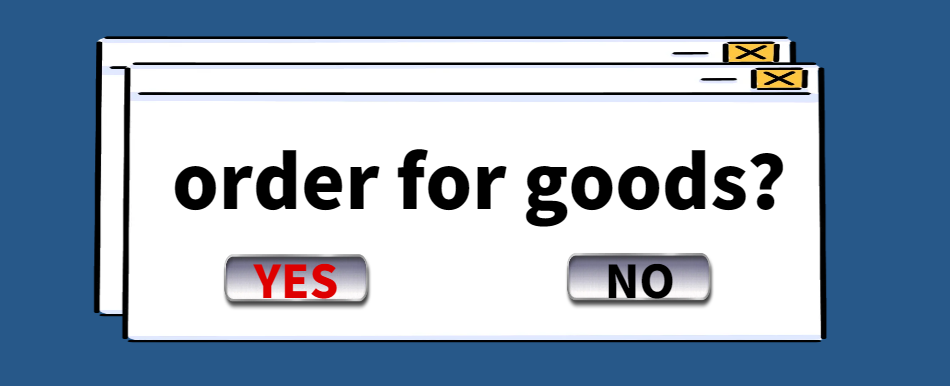
When facing South African clients and lacking a price advantage as a supplier, how should you proceed with the follow-up?
“South African customer tested the samples and confirmed them as okay. However, the customer states there is no demand for orders, and our prices lack a competitive advantage. How should we proceed with the follow-up?”
“ Excellent Question We are a trading company, and we have a South African customer who purchased samples from us in 2021. The sample tests were also successful. Despite my continuous follow-up, the customer claims to have no current order requirements. Recently, due to the power crisis in South Africa, many South African customers have been inquiring about these products. I forwarded this market information to the customer, and upon his request for a quote for 500 units, I provided him with a price. After receiving the quote, he mentioned that the price was too high, so I offered a discount to accommodate his concerns. He replied that after comparing the prices of our products with those of other competitors in the market who sell online, he found it challenging to compete with well-established companies in South Africa at our price point. Although he buys the products at a price 10% lower than the selling price of suppliers in South Africa, he needs to subsidize transportation and labor costs, resulting in potential losses for his business. I asked the customer to calculate the price at which he would be able to sell the products more effectively and make a profit, assuring him of our full cooperation. However, he did not respond. The market for this product is indeed competitive, and as a trading company, we do not have a significant price advantage. Additionally, another longstanding South African customer discovered that the previous pricing was miscalculated, resulting in only a 5% profit margin being offered to him. Is there still a possibility of cooperation with this potential customer? How should we follow up more effectively? The customer's company is not very large. “ Enjoy Answer If there is such a significant price difference, and your prices do not have a competitive edge, the focus of the negotiation should shift away from price. Otherwise, both parties may struggle to reach an agreement, leading to a deadlock in the negotiation. It's important to explore alternative paths and identify your strengths that address the pain points of the customer. Since the customer has already tested your samples, what are the key strengths of your product? Could you provide a comparative analysis with competitors to shift the customer's focus towards recognizing the quality of your product? How prompt are you in responding to customer inquiries? Besides price, do customers consider other factors in their procurement decisions? Consider exploring these aspects to identify potential breakthrough points. Additionally, to supplement, in your previous communication with the customer, when they mentioned the significant price difference, it might not be advisable to directly ask the customer for their target price. This is because, if the customer claims your price is high, and you immediately lower it, it may give the impression that there is a substantial margin to negotiate. Responding this way can create uncertainty for the customer, making them unsure of how much is appropriate for negotiation. Instead, consider focusing on the value and strengths of your product, addressing the customer's concerns in a more strategic manner. When there isn't much room for negotiation on your end, in response to the significant price difference mentioned by the customer, it's important to express surprise or astonishment. Sometimes, customers may be testing to see if there is room for negotiation or if the price is reasonable. Demonstrating your surprise can help convey that the quoted price is already competitive, and it might prompt the customer to provide more insights into their expectations or concerns.








